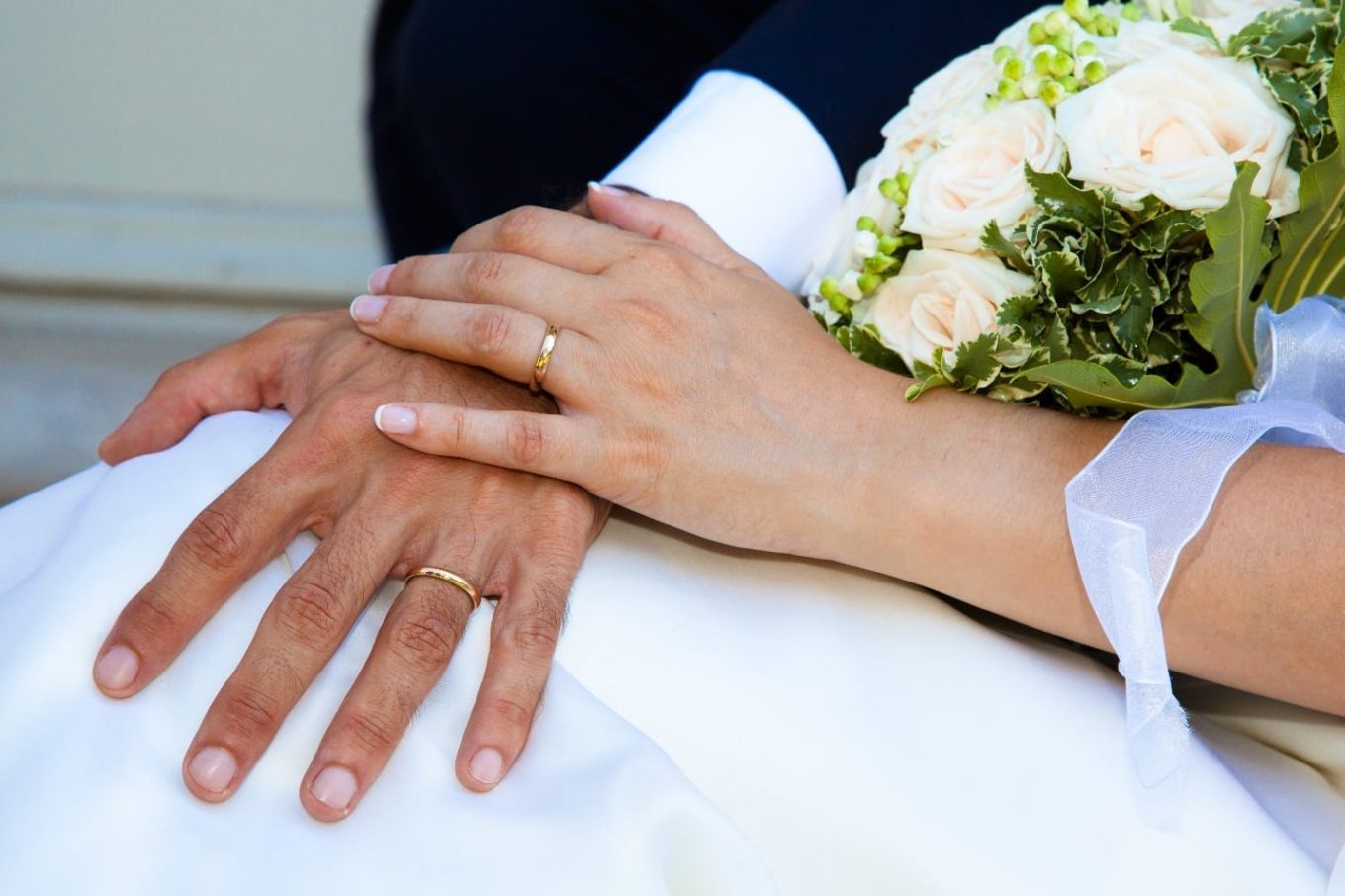You have probably heard about various companies filing for Chapter 11 bankruptcy. Individuals can also file for bankruptcy, typically using either Chapter 7 or Chapter 13. When a married person files for bankruptcy in Pennsylvania, he or she has the option filing together with his or her husband or wife, which is called filing a “joint” bankruptcy. Philadelphia bankruptcy attorneys answer the question of whether married couples are required to file together, and discuss some of the advantages and drawbacks of filing jointly versus filing individually.
Can One Person in a Marriage File Bankruptcy?
Married couples are not required to file bankruptcy jointly. One spouse may individually file for bankruptcy without the other spouse filing, which is a very common scenario. For a married couple, there are at least six possible bankruptcy filing options:
- One spouse files Chapter 7 individually.
- Both spouses file Chapter 7 individually.
- Both spouses file Chapter 7 together (jointly).
- One spouse files Chapter 13 individually.
- Both spouses file Chapter 13 individually.
- Both spouses file Chapter 13 jointly.
To provide a brief summary, the Chapter 7 process involves the court assigning a trustee to sell assets that have not been protected with bankruptcy exemptions. However, even if assets are not exempted, the trustee may still avoid selling them if the sale would not be financially justified, so it is uncommon for Chapter 7 debtors to lose their homes (contrary to what many bankruptcy myths suggest). Chapter 7 usually finishes in four to six months, and wipes out most debts, including credit card and medical debt. Chapter 13 requires debtors to make monthly payments to certain creditors under a three- or five-year reorganization plan, but in exchange, Chapter 13 debtors can keep their property and prevent foreclosure.
While not impossible, it is somewhat unusual for both spouses to file bankruptcy individually. Though it is unlikely that it would serve your best interests to each file separately, you and your husband or wife are encouraged to review your filing options with a Philadelphia Chapter 7 lawyer to better ensure that you make an informed and pragmatic decision.
It is more typical that either both spouses file a joint bankruptcy, or only one spouse files. The question is, which arrangement makes more sense for your family?
Pros and Cons of Joint Bankruptcy Filing
Every marriage brings to the bankruptcy conversation a unique set of debts, assets, income calculations, and other financial considerations, which is one reason it is crucial to consult with a Chapter 13 bankruptcy attorney before filing your voluntary petition in U.S. Bankruptcy Court for the Eastern District of Pennsylvania. A filing arrangement that is right for one person or couple could be wrong for another person or couple, so it is vital that each of your bankruptcy questions is personally reviewed on a case-by-case basis.
With that caveat in mind, it may be a good idea to consider filing a joint bankruptcy if…
- Most of your debt is owed jointly (shared). If you file a joint bankruptcy, both you and your spouse will be eligible for discharge (elimination of debt liability), provided you both comply with bankruptcy regulations and court rules.
- You are concerned about time and expense. Filing jointly can reduce the amount of money (and time) you spend on filing fees, court fees, travel, and other expenses, because you will be combining two cases into one proceeding. Our Bucks County bankruptcy attorneys know that legal costs are often a concern for clients considering bankruptcy, and will work with you to find affordable payment options.
Conversely, filing bankruptcy individually may be the better option if…
- Most of the debt is owed individually. Imagine that you and your spouse share most of the debt in your marriage, but only you decide to file for bankruptcy. Though you will obtain debt relief once the case is discharged, your spouse will not be protected by the bankruptcy. That means he or she will remain liable not only for individual debts, but also debts you incurred together.
- Your combined assets would exceed the bankruptcy exemptions. Even with the advantage of “doubling,” which allows married couples to double exemption amounts when filing jointly, bankruptcy exemptions still might not be sufficient to fully cover various assets if you and your husband or wife file together. In this situation, it might be suitable for the spouse who owns more property to avoid filing, so that his or her assets do not become part of the bankruptcy estate.
Bankruptcy will also cause a temporary drop in the petitioner’s credit score, which is another variable to consider. Unless both of you are willing to accept temporarily lowered credit scores, filing jointly may not be the ideal course of action.
Contact Philadelphia Bankruptcy Attorneys to File with Your Spouse
If you have any questions about bankruptcy and marriage, no matter how minor, our Delaware County Chapter 13 attorneys encourage you to contact us for friendly, no-obligation legal assistance. We have years of experience helping thousands of clients, including many married couples, get back on their feet by using personal bankruptcy strategically. To set up a free legal consultation, contact Sadek Bankruptcy Law Offices at (215)-545-0008 today.







